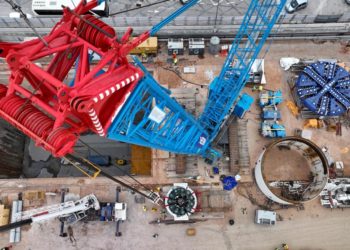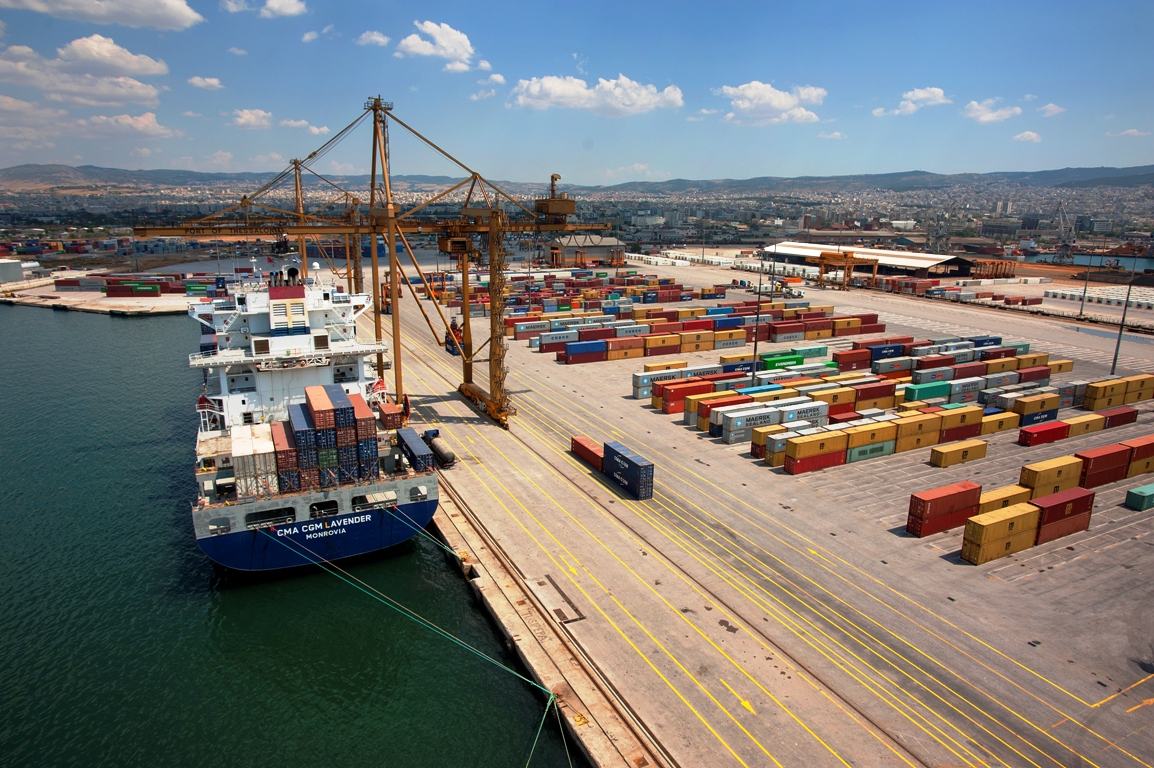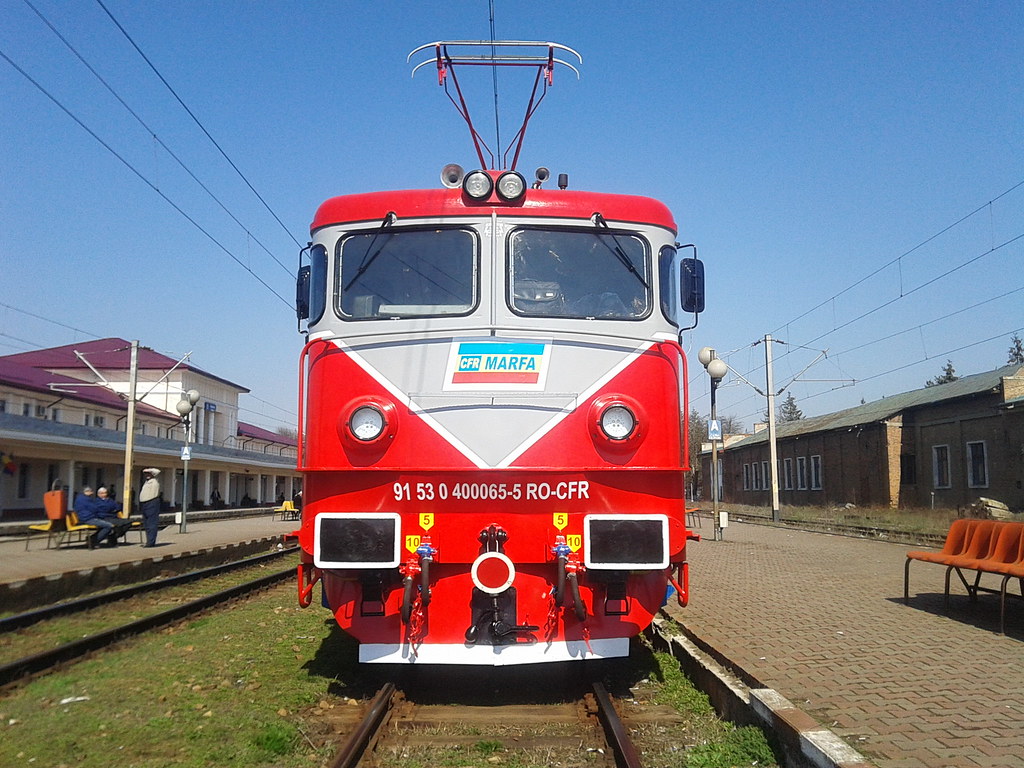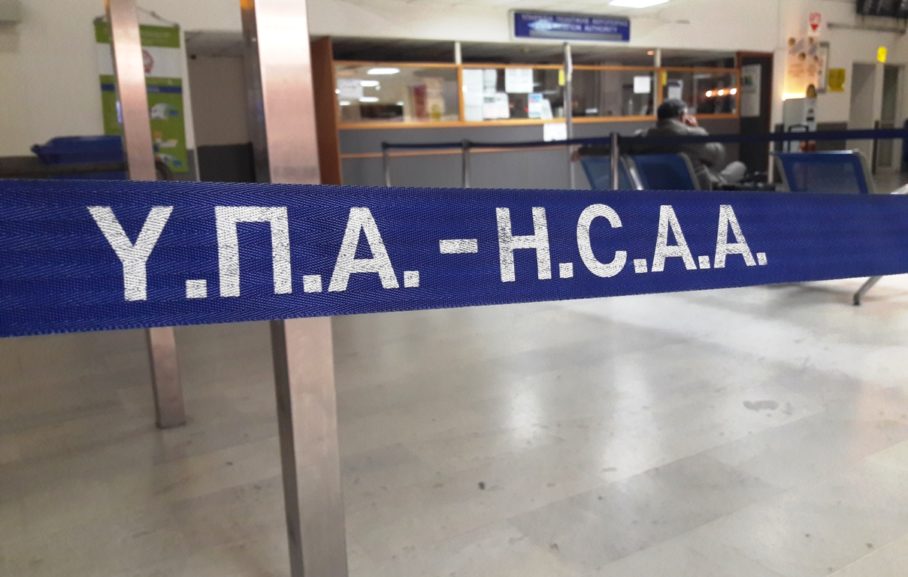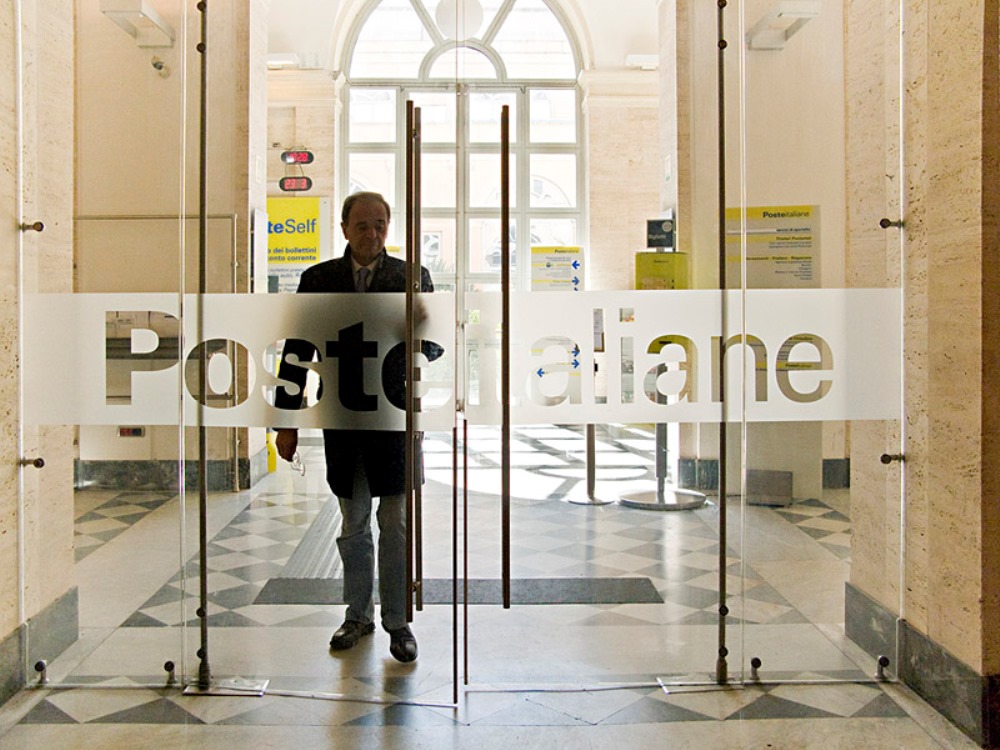As part of the “Excellences of the Production and Economic System” series, the Ministry of Economic Development has authorised the issuance of a commemorative stamp dedicated to the E.431 three-phase electric locomotive to mark the centenary of its construction.
The new stamp was presented today at the Roma Ostiense station by Gilberto Pichetto Fratin – Deputy Minister for Economic Development, by Maria Bianca Farina – Chair of the Poste Italiane, Luca Torchia – Chief Communications Officer for the Ferrovie dello Stato Italiane Group, Massimo Bruno – Chief Corporate Affairs Officer of the FS Group, and Luigi Cantamessa – General Manager of the Fondazione FS Italiane.
The E.431 three-phase electric locomotive was in operation from 1922 onwards, as an upgrade to Ferrovie dello Stato’s electric fleet following the completion of the early electrification programmes for the rail network. For quite a number of years, this train represented the best of the Italian railway industry, both from a technological point of view thanks to the ability to express utter operational excellence (also in terms of speed) at the time and in terms of the style and design thanks the characteristic and original silhouette.
The issuance and the special philatelic cancellation of this stamp underline the strong bond between Ferrovie dello Stato and Poste Italiane, as two companies with extensive roots in the territory, with a solid foothold on the past yet bounding into a future of continuous innovation, both committed to meeting the communication, cohesion and connection needs of the country and its communities.
With the launch of the 2022–2031 Business Plan, the FS Group is also setting itself up as the protagonist of a new era of revitalisation of the country’s mobility infrastructure, with a view to integrating various modes of transport under the banner of sustainability.
In order to render the network ever greener and more efficient, the FS Group has earmarked 190 billion euro for investments over the next ten years. Amongst the many projects in the pipeline is the increase of electrified network kilometres from the current 12,160 (almost 72% of the national rail network) to some 14,000 kilometres in total (about 83%).

